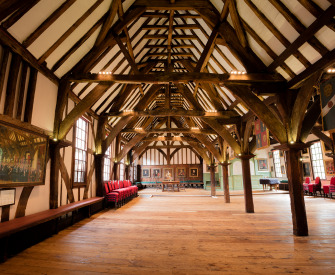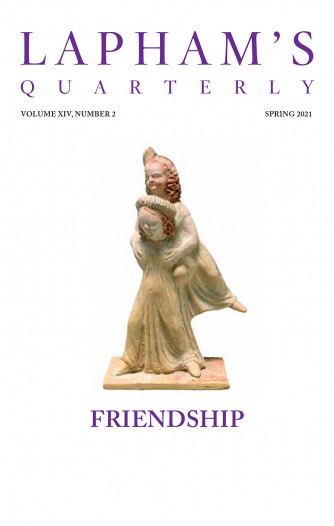Such is the force of fancy, so large is the reach, so boundless is the prerogrative of human imagination that, though the small concave of a skull some two or three spans compass be her ordinary and natural habitation, yet the whole globe of the earth nor all the elementary world can totally confine her, but she will at pleasure climb up to the skies and make a scale of the stars to conduct her to the empyrean heaven; thence she can descend in a trice to the great abyss and take a survey of the kingdom of darkness; and though it be a maxim among divines that there’s no return out of hell, and that the passage back thence is irremeable, yet the imagination of man has this privilege, that she can make egresses and regresses, she can enter and come off clear thence when she wishes, and that all this, if need be, in an instant; wherein she seems to partake of that admired quality which is inherent in that most comfortable creature, the light, who is held the sovereign of all sensible qualities among the philosophers, and to come nearest to the nature of a spirit, which creature requires but an instantaneous moment and point of time to perform his office of illumination and dilate himself throughout the hemisphere; whence some infer that he is not corporeal, in regard it is an unquestioned principle in nature that all bodies require a succession of time in their motion; but there is this difference twixt the imagination and light, that there be some places whereinto light cannot enter, but there is no part of the universe so impervious where the imagination may not make his accesses and recesses at pleasure.
From A Trance, or Newes from Hell Brought Fresh to Towne. A Royalist spy, Howell was imprisoned at the start of the English Civil War in 1642 and passed the time during his eight-year sentence writing letters and pamphlets. In this tract, his narrator visits hell and finds it full of parliamentarians being tortured in inventively grotesque ways. “Woe is me, woe is me,” he hears them scream, “that I ever betrayed my good king.” Howell was released in 1650; after the restoration of the monarchy, he was named historiographer royal.
Back to Issue


